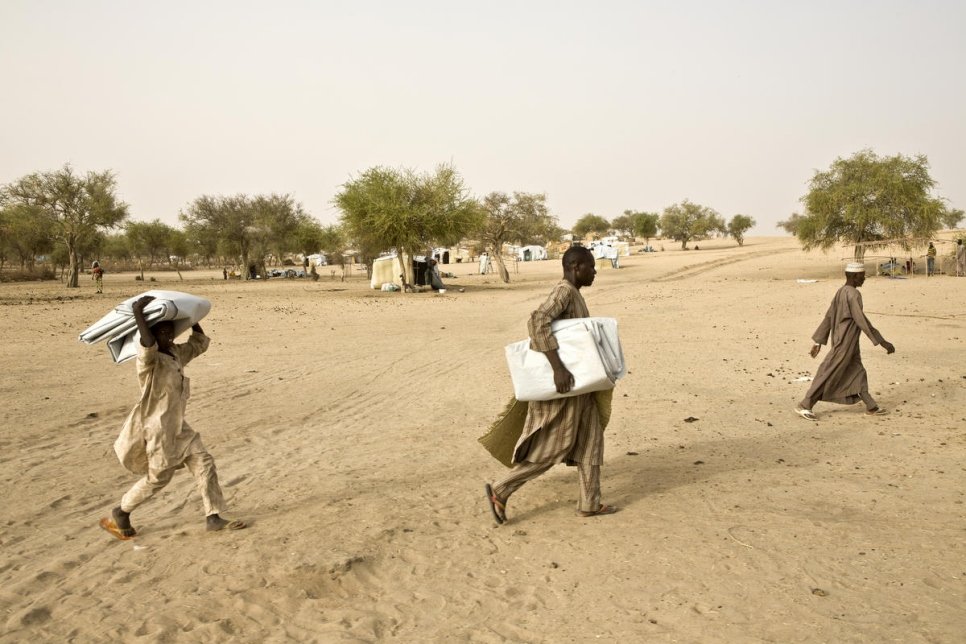Sahel emergency
“The emergency is here, in the Sahel, where people are suffering, are being killed, women are being raped, children cannot go to school. Sahel is the place where we must intervene before this crisis becomes unmanageable.”
–Filippo Grandi, UN High Commissioner for Refugees
The conflict continues to escalate, uninterrupted by the pandemic, especially in the Liptako-Gourma region, which borders Burkina Faso, Mali and Niger. In Burkina Faso, more than 1,000,000 people have been internally displaced, a four-fold increase in one year. The emergency is already affecting Mauritania and Chad and risks spilling over into the coastal countries of Benin, Côte d’Ivoire, Ghana and Togo.
Women and children are bearing the brunt of this crisis. Local communities have demonstrated remarkable generosity but are at a breaking point. National capacities are overwhelmed, and international support has been disproportionately dedicated to security assistance, with limited resources for urgently needed humanitarian and development activities.
Number of refugees and other people of concern to UNHCR in the Sahel region
Mouse-over blue circles for information.
The COVID-19 pandemic is exacerbating the situation and is now affecting areas hosting refugees and IDPs. The steady increase of infection rates indicates a looming emergency in a region where health structures have been targeted by insecurity. The immediate socio-economic impact will have longer-term consequences for food security, access to services and livelihoods throughout the region, disproportionately impacting displaced populations and the communities hosting them.
What is UNHCR doing to help?
UNHCR is scaling up its response to this crisis by: providing shelter and core relief items; supporting victims of rampant sexual and gender-based violence; helping people to access education; and working to mitigate the devastating impact of climate change. But we cannot do it alone. UNHCR urgently requires some US$186 million to provide lifesaving protection and assistance to refugees, IDPs, returnees and host communities the Sahel region, including for the COVID-19 prevention and response.
More information:

